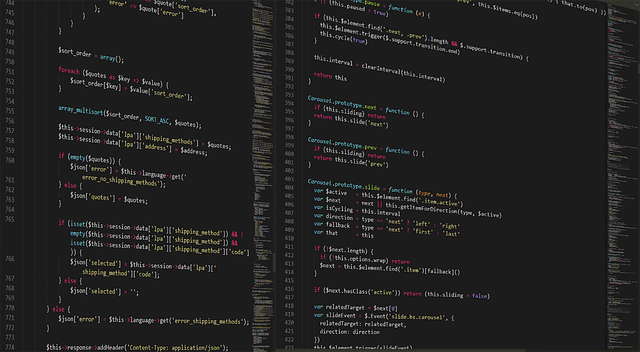In recent years, the concept of self-direction development has gained immense importance, particularly as we navigate the complexities of our modern world. Social media, an integral part of our daily lives, plays a significant role in shaping our perceptions of self-confidence. For many, scrolling through feeds filled with carefully curated images and success stories can evoke a powerful mix of inspiration and insecurity.
Social media platforms like Instagram, Facebook, and Twitter have become virtual mirrors reflecting the lives of others. While these platforms can foster connections and provide a sense of community, they often push unrealistic standards. The continuous comparison to influencers and peers can lead to feelings of inadequacy, which directly impacts our self-direction development. We find ourselves asking, “Why am I not achieving the same success?” or “Why don’t I look like that?” This constant barrage of information can either bolster our self-confidence or severely undermine it.
The impact of social media on our self-confidence hinges on how we engage with these platforms. Consumers of social media often fall into a trap of hyper-engagement, resulting in a skewed perception of reality. It becomes easy to forget that many online personas are highly edited versions of life, representing a selective showcase rather than the entirety of an individual’s journey. This artificiality makes it all the more crucial for us to develop a strong sense of self-awareness and a healthy self-direction development strategy that allows for personal growth beyond these digital facades.
Furthermore, the instant gratification that social media provides can derail our self-direction development. Likes, comments, and shares offer a momentary boost in self-esteem, but they can also lead to a dependency on external validation. People may start to tailor their self-perception based on their online interactions, which can dictate their confidence levels in real life. This can create a painful disconnect between who we are offline and who we portray online, stifling authentic growth and self-discovery.
To harness the power of social media positively, it’s essential to cultivate self-direction development through mindful engagement. Taking a step back and reflecting on how social media consumption affects your mood and self-image can be eye-opening. An effective strategy might include following accounts that promote positivity, authenticity, and mental well-being, rather than those that incite comparison or envy.
Moreover, reducing time spent on social media can facilitate better self-reflection. Engaging in offline activities that nurture self-confidence, such as learning a new skill or spending quality time with loved ones, can help restore a more balanced perspective. Rather than measuring success by likes and shares, we can define our achievements through personal goals and values, which encourages a healthier approach to self-direction development.
In this age of constant connectivity, finding a balance between the influence of social media and nurturing one’s self-confidence is essential. By consciously interacting with these digital spaces, we can develop a positive self-image that thrives independently from online validation. Ultimately, understanding the influence of social media is a vital step to fostering a sustainable self-direction development journey.




